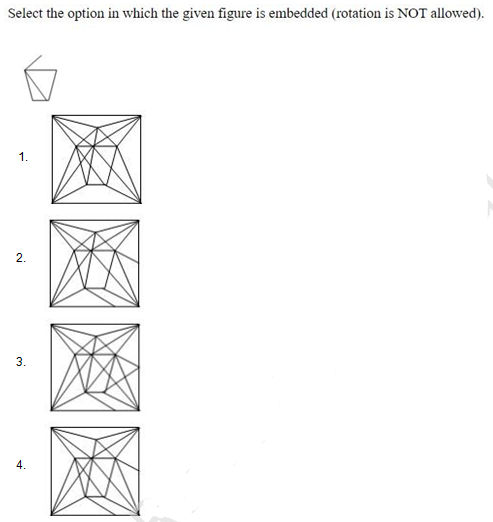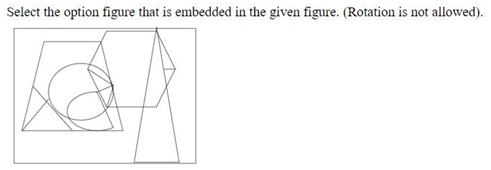Question
A private person can also arrest any person who is:
Solution
Section 43 of CrPC Arrest by private person and procedure on such arrest—(1) Any private person may arrest or cause to be arrested any person who in his presence commits a non-bailable and cognizable offence, or any proclaimed offender, and, without unnecessary delay, shall make over or cause to be made over any person so arrested to a police officer, or, in the absence of a police officer, take such person or cause him to be taken in custody to the nearest police station. (2) If there is reason to believe that such person comes under the provisions of section 41, a police officer shall re-arrest him. (3) If there is reason to believe that he has committed a non-cognizable offence, and he refuses on the demand of a police officer to give his name and residence, or gives a name or residence which such officer has reason to believe to be false, he shall be dealt with under the provisions of section 42; but if there is no sufficient reason to believe that he has committed any offence, he shall be at once released.
- Select the option in which the given figure is embedded (rotation is not allowed).
Select the option in which figure is embedded.

From the given answer figures, select the one in which the question figure is hidden / embedded(rotation is not allowed).
Select the option in which the given figure is embedded.
Select the option that is embedded in the given figure: (Rotation is not allowed).
Select the option in which the given figure is embedded (rotation is not allowed).

Select the option figure that is embedded in the given figure (rotation is Not allowed).
In the question, assuming the given statements to be true, find which of the conclusion (s) among given two conclusions is /are definitely true and the...



